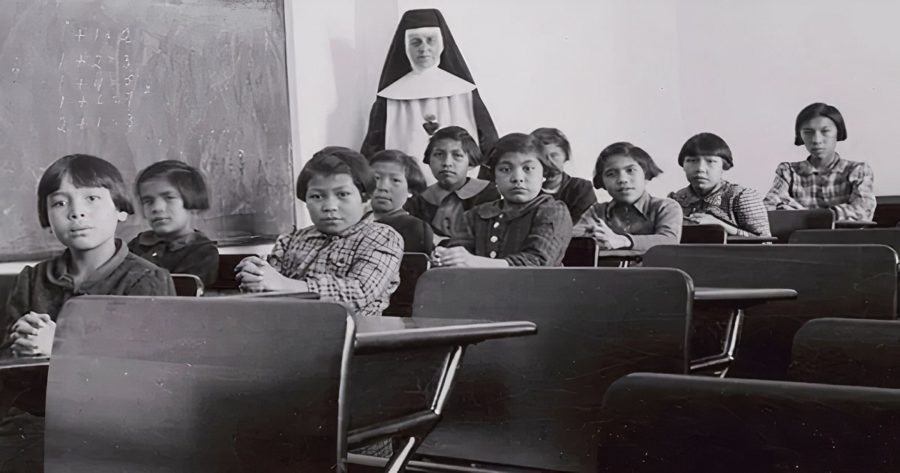Canadians across the country will use today to try to understand and reflect on the nation’s history with its Indigenous people
On June 21, 2010, the United Nations General Assembly proclaimed the second International Day of Truth and Reconciliation. This day aimed to shed light on past atrocities and promote peace, equity, and justice. In 2008, Canada became the first of the G8 countries to adopt a nationwide Truth and Reconciliation Commission. This commission aims to investigate allegations of past wrongdoings and recommend solutions for any current inequalities between Indigenous and non-Indigenous Canadians.
In 2020, Canada’s Minister of Heritage, Steven Guilbeault, announced an essential step in implementing the Truth and Reconciliation Commission’s Call to Action #80 by introducing Bill C-5. The Bill sought to establish a National Day for Truth and Reconciliation for federally regulated workers, which is why it’s observed on September 30 as a statutory holiday.
“Reconciliation will take time. Scars don’t heal overnight, and trust takes awhile to rebuild. But our government will continue to be there with you, every step of the way – and together, as partners, we will build a better future for Indigenous Peoples and all Canadians.” Said, Prime Minister Justin Trudeau
In 2021, Canada’s first National Day of Truth and Reconciliation was celebrated nationwide. Indigenous people from all parts of Canada attended these events to remember their past and to reconcile with modern society. These events often had a spiritual tone as Indigenous people expressed their grief over past injustices and hope for a better future. They also expressed their desire to be part of modern society while preserving cultural traditions. These events helped open a national dialogue and mutual respect between Indigenous and non-Indigenous Canadians.
Every year on September 30, Canada celebrates National Day of Truth and Reconciliation as a day dedicated to reconciliation between Indigenous and non-Indigenous Canadians. The goal of this day is to acknowledge the oppression that Indigenous people have faced in Canada. Reconciliation is necessary so both groups can work together towards equality and greater opportunity for all Canadians.
Since 2010, the federal government has supported reconciliation efforts with Indigenous people through its Truth and Reconciliation Commission Act. This act established a commission to uncover allegations of past injustices against Indigenous people in Canada. It also gave power to this commission to recommend actions for governments to take so that similar injustices don’t happen again.
Reconciliation is essential to moving forward as a nation when injustices have occurred in the past. Indigenous and non-Indigenous Canadians want to ensure such atrocities never happen again. Celebrating National Truth and Reconciliation Day helps foster greater respect between different races in Canada by promoting reconciliation between Indigenous and non-Indigenous Canadians.
Images source Library and Archives Canada









